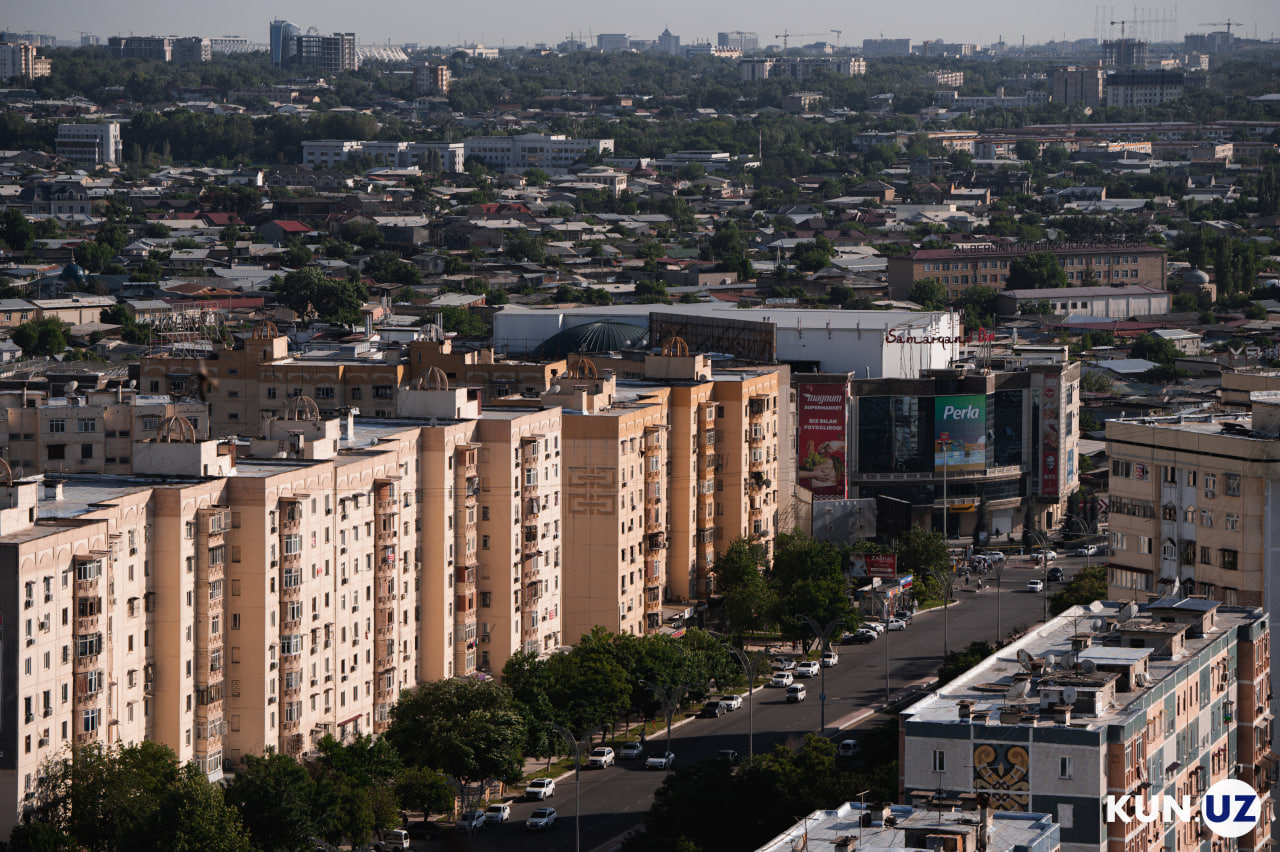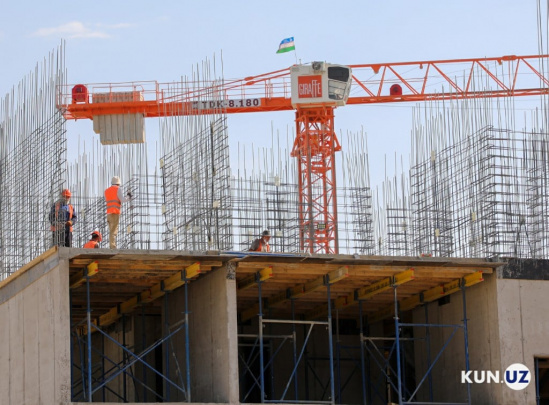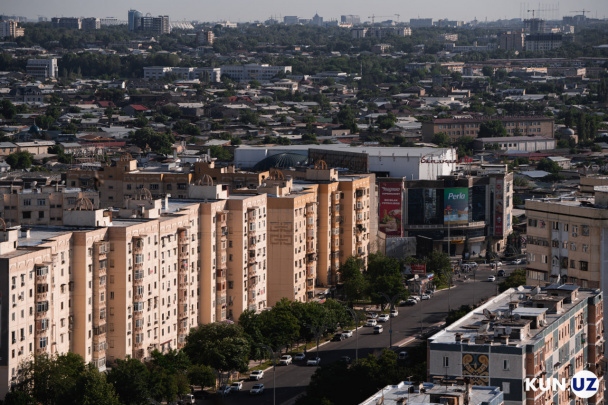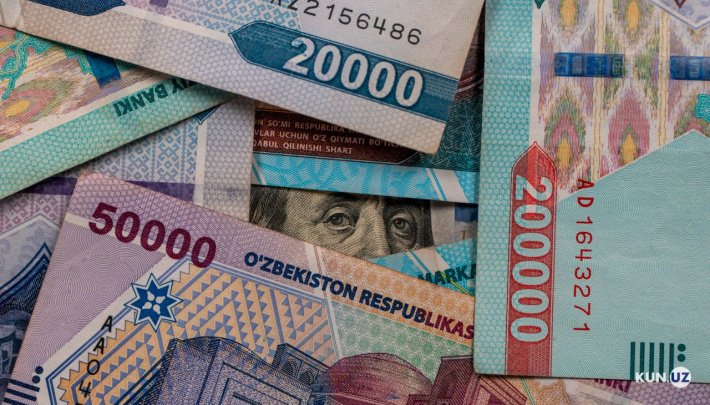Uzbekistan faces housing affordability challenges as market prices outpace income growth
According to assessments, the average market price for housing in the real estate market in 2023 was 24% higher than the actual value. The main reason for this was the imbalance between demand and supply.

Фото: Kun.uz
In recent years, the nature of real estate acquisitions in Uzbekistan has changed from meeting primary needs to investment purposes. This shift was discussed in the Central Bank's financial stability review for 2023.
The regulator believes that the real estate market is still experiencing an overvaluation of housing prices. The market value of housing, which has been growing at high rates for many years, further increases the demand for these assets. Under conditions of high demand, the significant lag in the supply volume is causing an increase in housing prices, regardless of the fundamental factors, specifically the income of the population. Moreover, despite a decrease in rental yields, the real estate market continues to show a high level of activity and demand due to the influence of the speculative factor.
As a result, throughout 2023, the average market price of homes in the real estate market was overestimated by 24% compared to the real price.
"The nature of buying real estate in Uzbekistan has changed in recent years: transitioning from satisfying primary needs to investing in real estate. The high growth rate of housing price indices in domestic and foreign currencies further increases demand for them. In 2023, the housing price indices in national and foreign currencies increased by 43 and 23 units, respectively.
Moreover, the insufficient development of the capital market in the country, the lack of popularity of financial instruments, and the pace of growth in housing prices in the real estate market (during 2023, the rates for total term deposits for periods of more than 1 year are 20% in national currency, 5% in foreign currency) force the population to consider investments in the real estate market as a high-yield asset," comments the Central Bank.
The influence of the supply factor on the growth of housing prices remained low. At the end of 2023, the annual growth rate of construction and installation work was 5.2%, which decreased by 5.4% compared to the same period in 2022. This trend of decreasing annual growth rates of construction and installation work throughout 2023 indicates that the supply factor's influence on the high growth of prices in the real estate market is insignificant.
Demand and supply in the housing market continue to be disproportionately formed. In 2023, the growth of construction volumes (15%) was lower than the nominal growth rate of the country's GDP (19%).
In 2023, the population's ability to purchase housing in Uzbekistan also declined. Compared to the nominal GDP per capita, which reflects the average economic status of the country's population, there was a higher growth in housing prices. In particular, by the end of 2023, the ratio of the price per square meter of housing to the nominal GDP per capita was 30%, which is 4% more compared to the same period in 2022. The growth of this indicator means a decrease in the population's ability to purchase housing in the real estate market.
Other factors not related to the official income of the population also influence the formation of housing prices in the real estate market. Housing prices in Uzbekistan continued to grow at high rates compared to the population's income. In 2023, the market value of housing increased by 36%, while the average monthly salary of the population increased by 17%. Consequently, the market value of housing grew 2.1 times faster than the average monthly salary of the population. In 2023, this indicator in Uzbekistan was higher compared to some countries of Central Asia, the Caucasus, and others.
Related News

22:00 / 14.02.2026
Andijan region plans to cut housing project launch time to 30 days

16:10 / 13.02.2026
Uzbekistan’s housing market records 12% sales growth in January

19:06 / 12.02.2026
Uzbekistan’s currency gains nearly 7% against dollar, easing external debt payments

16:06 / 11.02.2026




